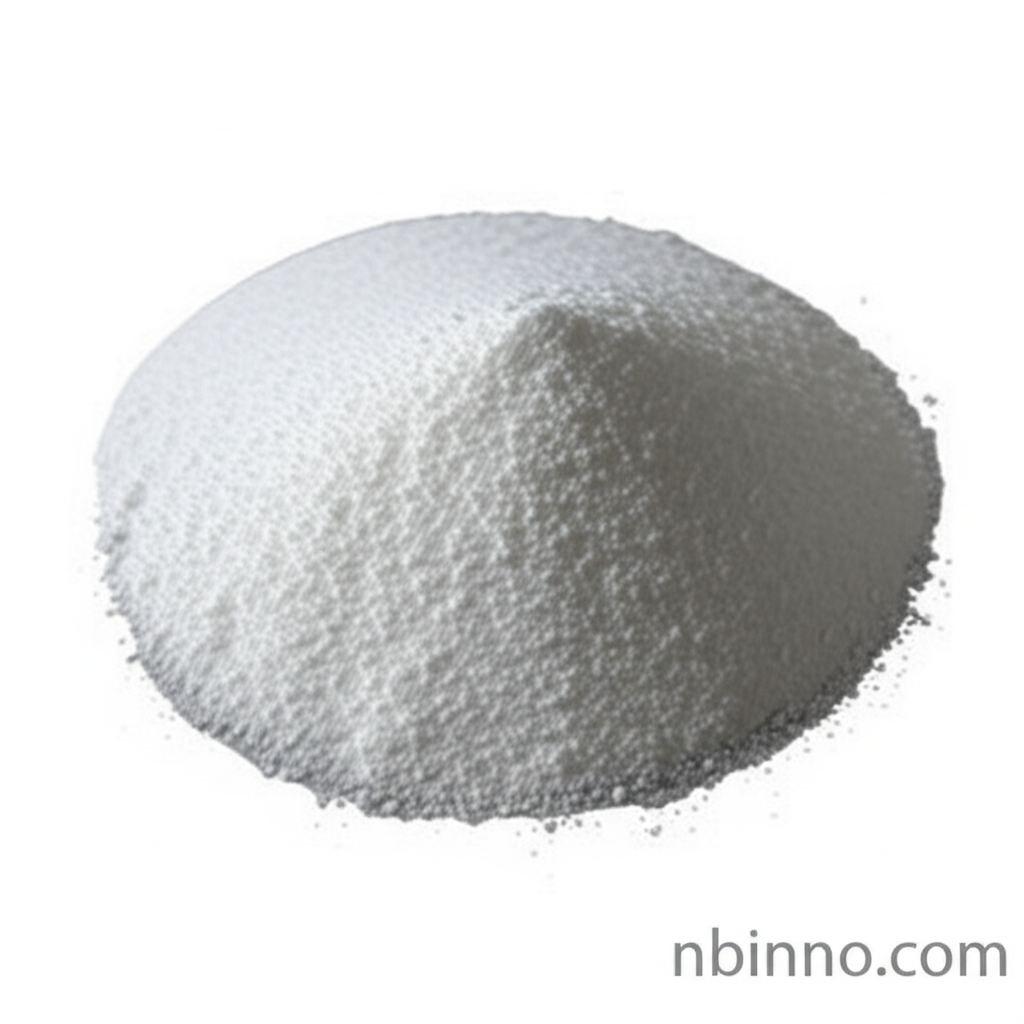High-Quality Exenatide Acetate: A Comprehensive Guide for Research and Pharmaceutical Applications
Discover the power of Exenatide Acetate for diabetes management and cutting-edge research.
Get a Quote & SampleProduct Core Value

Exenatide Acetate
Exenatide Acetate is a high-quality synthetic peptide, primarily utilized for its role in managing type 2 diabetes by acting as a GLP-1 receptor agonist. It helps regulate blood glucose levels by stimulating insulin secretion and reducing glucagon release. Beyond its therapeutic applications, this peptide is a valuable tool for researchers exploring metabolic disorders and incretin-based therapies.
- Explore the benefits of Exenatide Acetate purity >99% for your critical applications.
- Learn about buying Exenatide Acetate online from trusted sources for your research needs.
- Understand the mechanism of Exenatide Acetate for diabetes treatment and its impact on glucose control.
- Investigate the potential of Exenatide Acetate for weight loss and its therapeutic implications.
Advantages Offered
Exceptional Purity
With a purity exceeding 99%, our Exenatide Acetate is ideal for demanding research and pharmaceutical development, ensuring reliable and accurate results.
Therapeutic Efficacy
Exenatide Acetate for diabetes treatment provides a critical pathway for improved glycemic control, mirroring the body's natural incretin response.
Research Versatility
Utilize Exenatide Acetate for research to delve into metabolic pathways, potentially uncovering new insights for weight loss and diabetes management strategies.
Key Applications
Diabetes Management
A cornerstone in the treatment of type 2 diabetes, Exenatide Acetate helps patients achieve better blood sugar control through its insulinotropic effects.
Pharmaceutical Research
As a high-quality injection peptide, Exenatide Acetate is widely used in preclinical and clinical research to understand incretin mimetics and develop new therapies.
Metabolic Health Studies
Investigate the role of Exenatide Acetate in metabolic health, including its impact on appetite regulation and potential for weight loss in clinical studies.
Biochemical Analysis
The compound's specific CAS number, 141732-76-5, allows for precise identification and use in various biochemical assays and analytical procedures.
